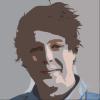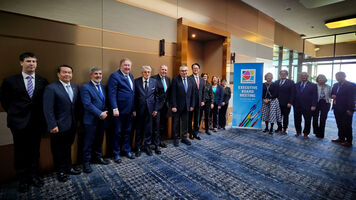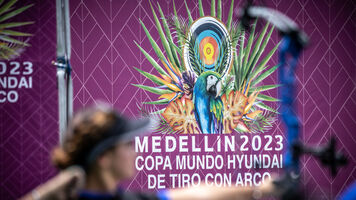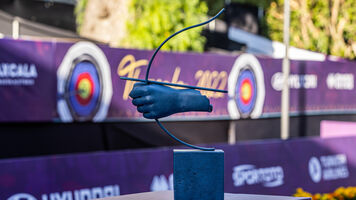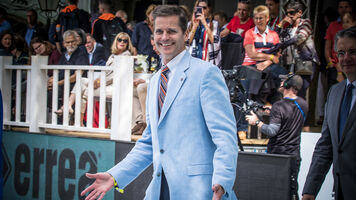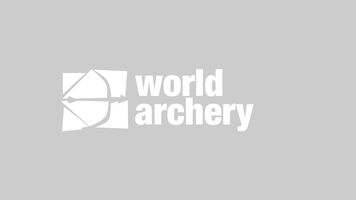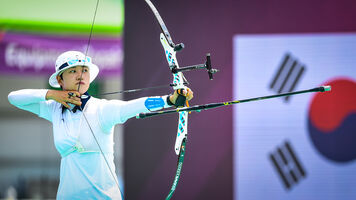Executive board approves international license for 2022

World Archery’s executive board gathered at the World Archery Excellence Centre, with some members joining remotely, for its end-of-year meeting on 5 December 2021.
The headline news was the awarding of the 2025 World Archery Championships and World Archery Congress to the Korean city of Gwangju. The city will also replace Shanghai as host of the Asian stage of the Hyundai Archery World Cup in 2022, while Winnipeg in Canada now has the 2025 World Archery Youth Championships.
World Archery president Prof Dr Ugur Erdener said that “the opportunity to compete against the world’s best, once again on their own turf, will be a dream for many athletes”.
There were a number of other decisions aimed at the continued professionalisation of events, including the launch of the international license programme in 2022.
The license, which will cost 100 CHF per year, will be mandatory for all athletes competing at tournaments with world ranking status and comes with comprehensive medical and travel insurance.
Future plans include a benefits programme for license holders and greater input into their athlete data.
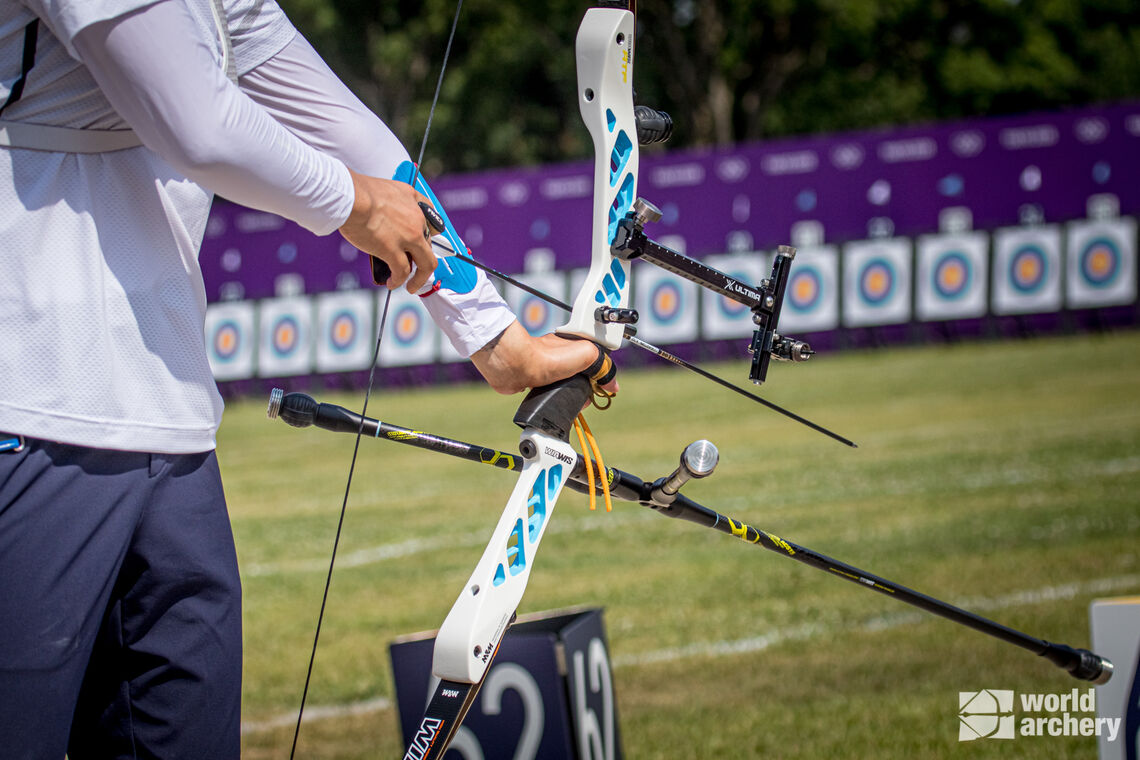
Following the positive progress made in the level of world ranking events in 2021, a 500 CHF late fee has been introduced for any applications received after the deadline (six months prior to the event). This should encourage proper planning of the calendar, which is now scheduled using the international block system.
World ranking events will now also be liable for a 780 CHF fee covering anti-doping administration.
Mandatory equipment inspection has been removed from stages of the Hyundai Archery World Cup alongside the introduction of a single combined practice session. Athletes will be able to optionally attend inspection during the period, with random spot checks during the event for those who do not.
Bylaws to remove equipment failure stoppages, increase the maximum number of international judges to 80, and clarify the new 30-second-per-arrow time limit were accepted.
There was a long discussion on the implications of the new timing, which had already been accepted as a bylaw by the board during its meeting after congress, and its application at national tournaments.
Ultimately, it was decided to keep the new 30-second rule for all world ranking events in 2022. (Para world ranking events remaining at 40 seconds.)
At the same time, there will be further guidance issued on the rule’s caveat, which states that the timing can be extended back to 40 seconds under certain circumstances, aimed at national events ahead of the outdoor season.

A number of appointments were made to governance positions.
Nancy Littke was made head of classification, taking over from the outgoing Roman Suda.
Correspondingly, Littke has resigned as an elected member of the para committee (as the head of classification also sits on this group) and will be replaced by Susanne Gliddon until the next World Archery Congress.
A sustainability committee has been formed. It will be chaired by the secretary general of the Dutch federation, Arnoud Strijbis, and include representatives from the next two world championships (Berlin 2023 and Gwangju 2025).
Appointments were also made to the ad-hoc classification and gender equity committees.
World Archery president Prof Dr Ugur Erdener said: “At the end of an important year for our great sport, from its return after the pandemic hiatus to an exceptional Olympic archery competition, it’s exciting to come with yet more good news.”
“The ambition in Gwangju’s bid for the World Archery Championships mirrors Korea’s competitive ability in the arena while committing to a lasting legacy for the sport at the grassroots level. And the opportunity to compete against the world’s best, on their own turf once again, will be a dream for many athletes.”
“At the same time, we’re continuing to take a sustainable approach to progress at events of all levels, working with organisers and archers to innovate and continue to drive improvement for the sport.”
